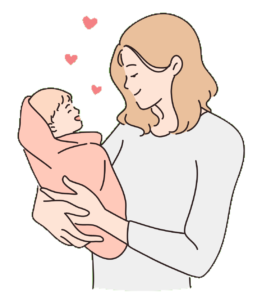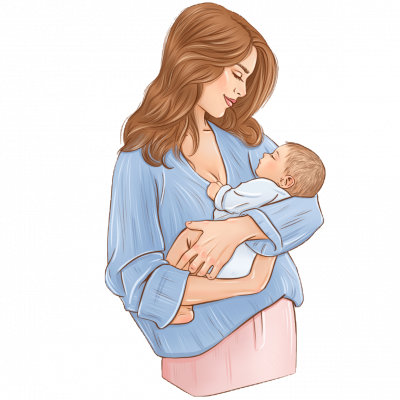
Dr. Shahla Meedya
Prof. Steve Frost
Prof. Ritin Fernandez
A /Prof. Khin Win
Dr. Abbas Almutair
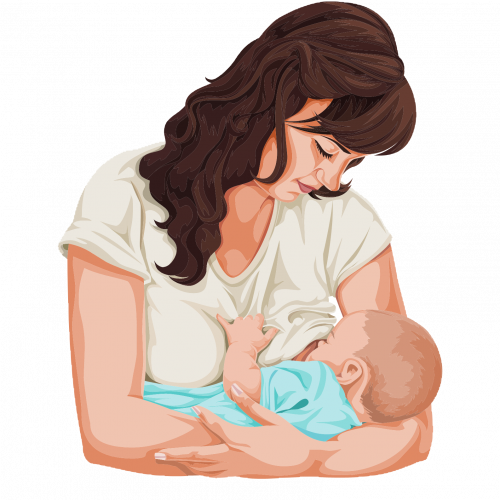
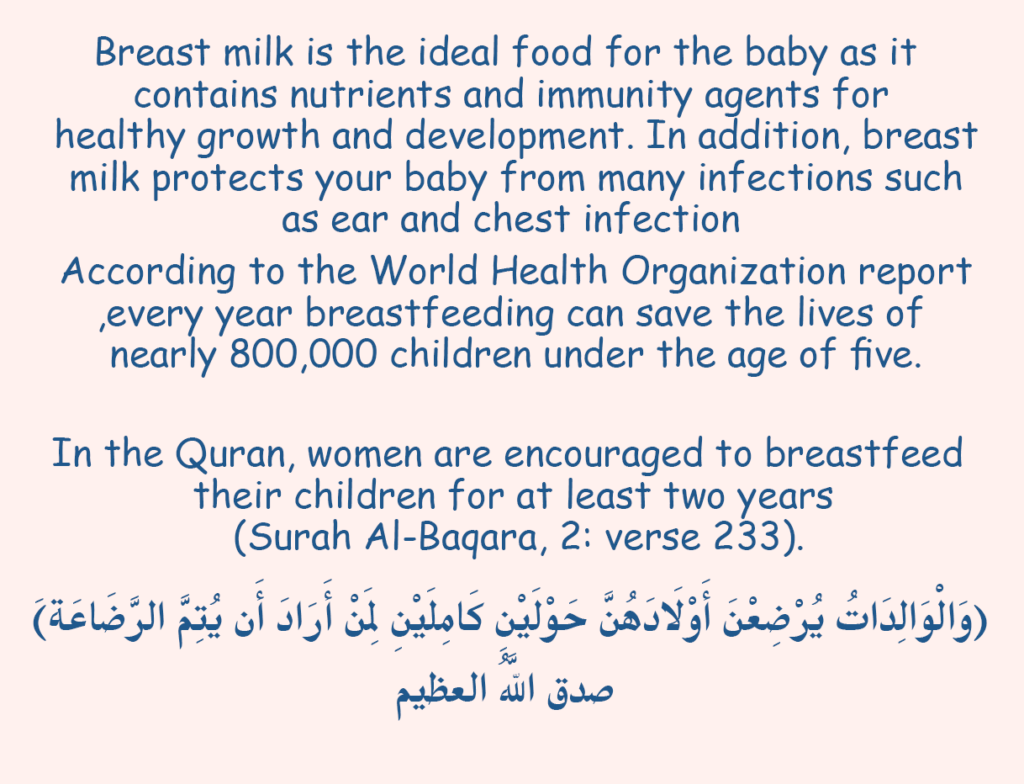

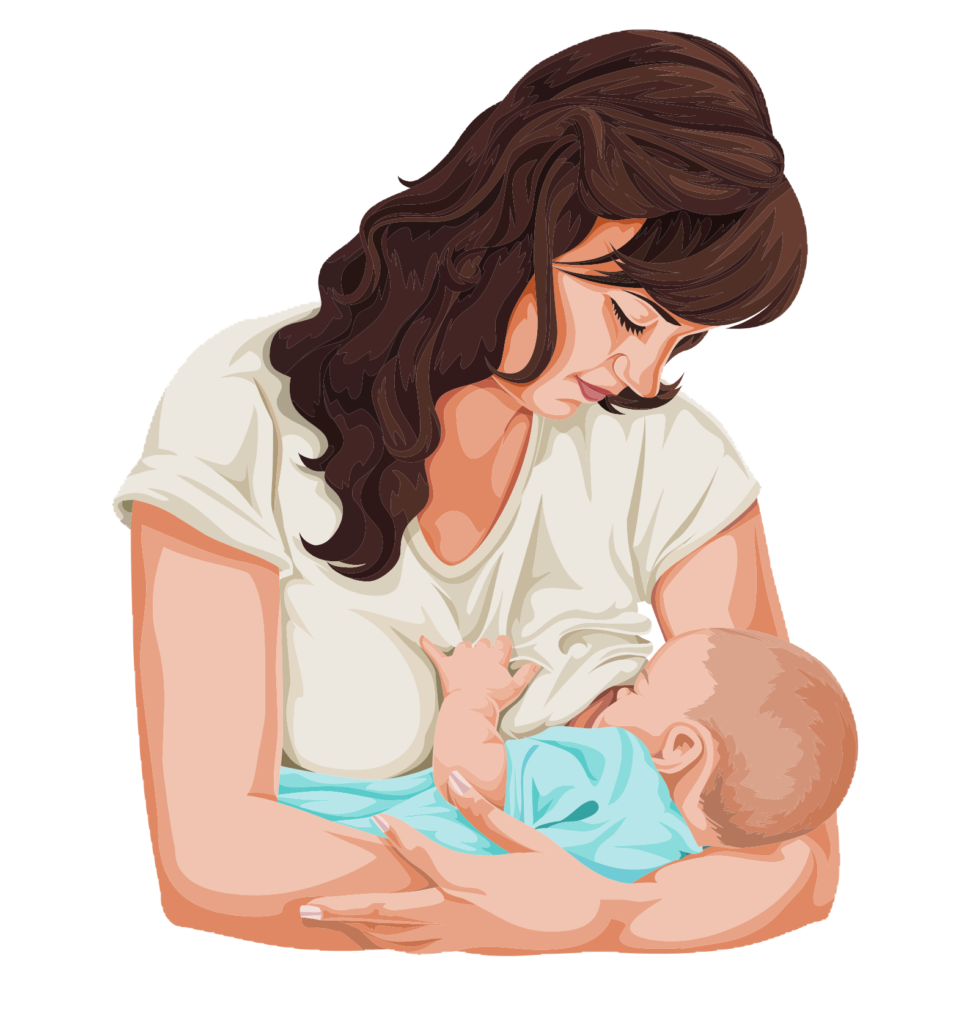
– Educate mothers about breastfeeding during pregnancy.
– Support starting skin-to-skin contact between mother and
baby immediately after birth, and initiating breastfeeding
within the first hour…..
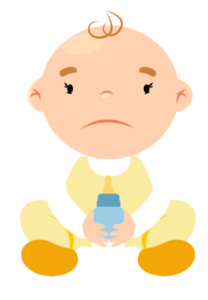

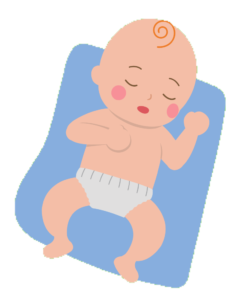
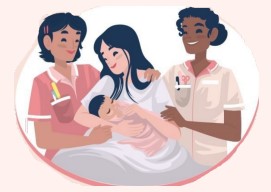
Immediate and uninterrupted skin-to-skin contact and initiation of breastfeeding within the first hour after….
Colostrum is a type of early breast milk, produced bythe breasts from around 20 weeks of pregnancy….

It is very important to keep your baby in the same room where you can easily see and reach your baby….

Signs of having enough milk that a baby show
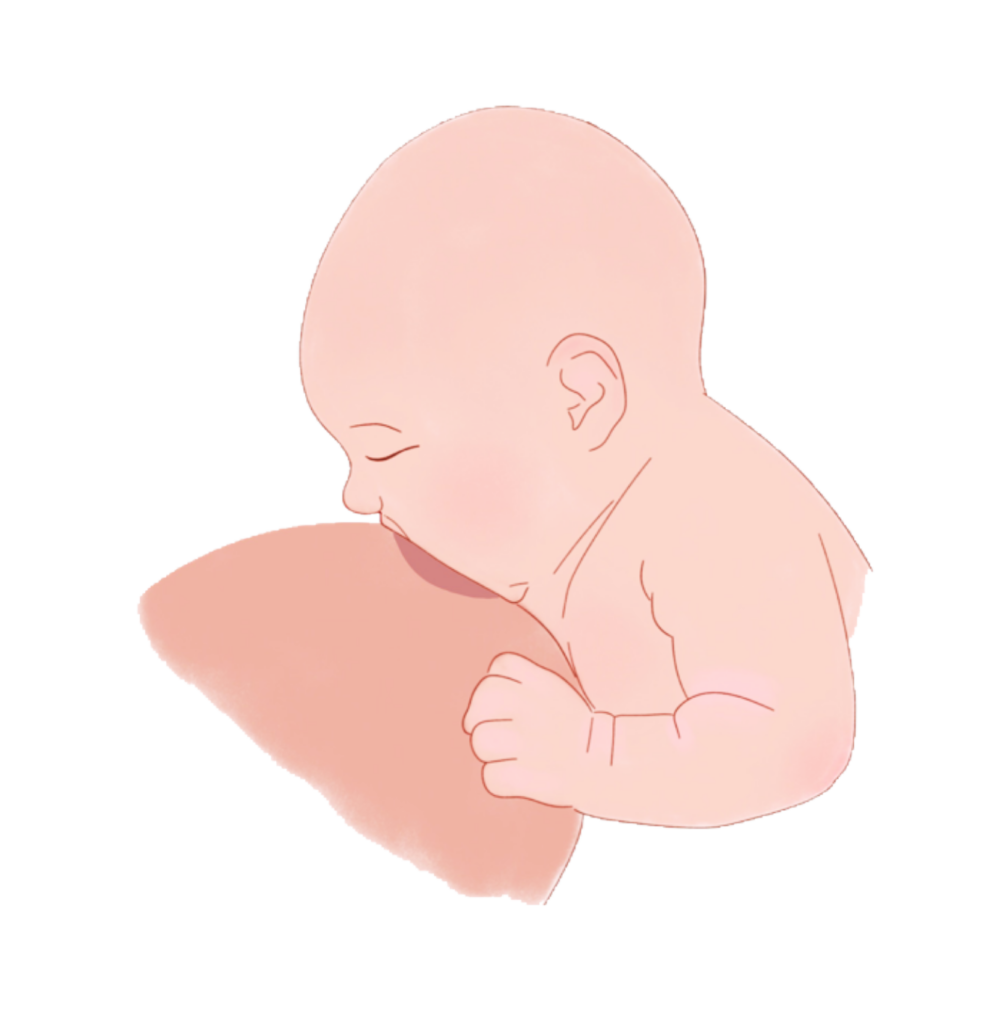
The babies can attach to the breast by themselves inthe best way called “Baby-led attachment” …..

Signs indicating that the baby is having
sufficient milk….
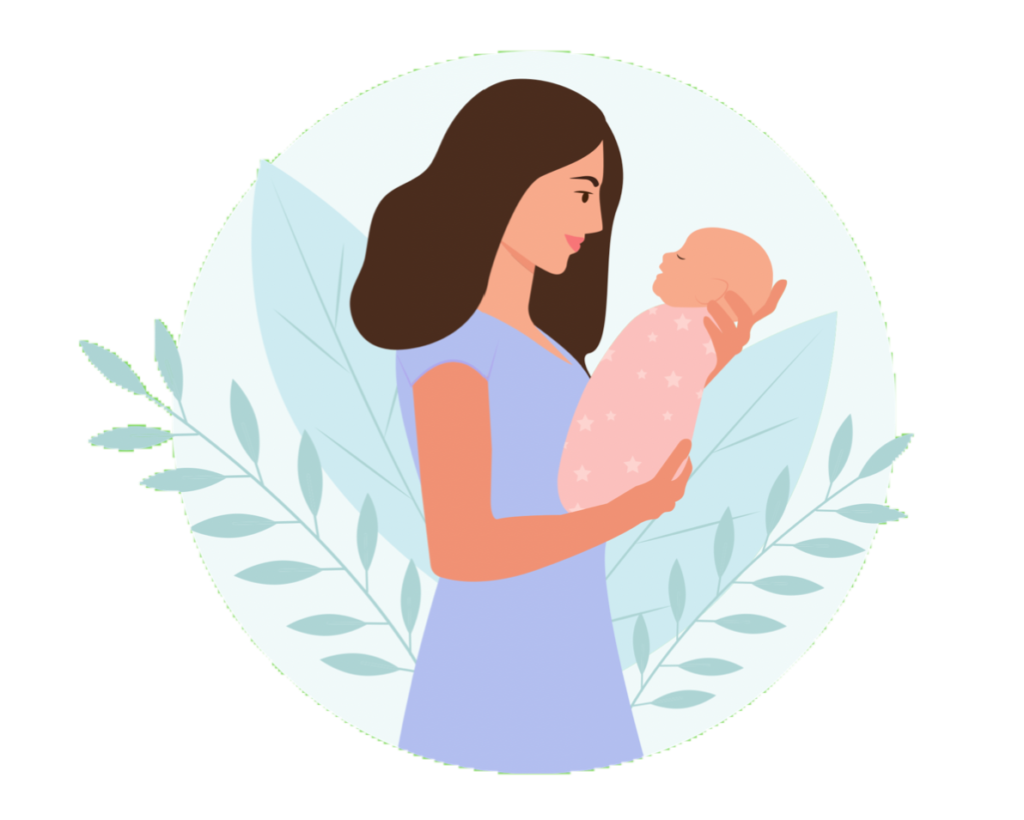
Engorgement is the inflammation of the breast which is different from the normal….

The common reason for sore nipples is the
baby’s position on the breast….
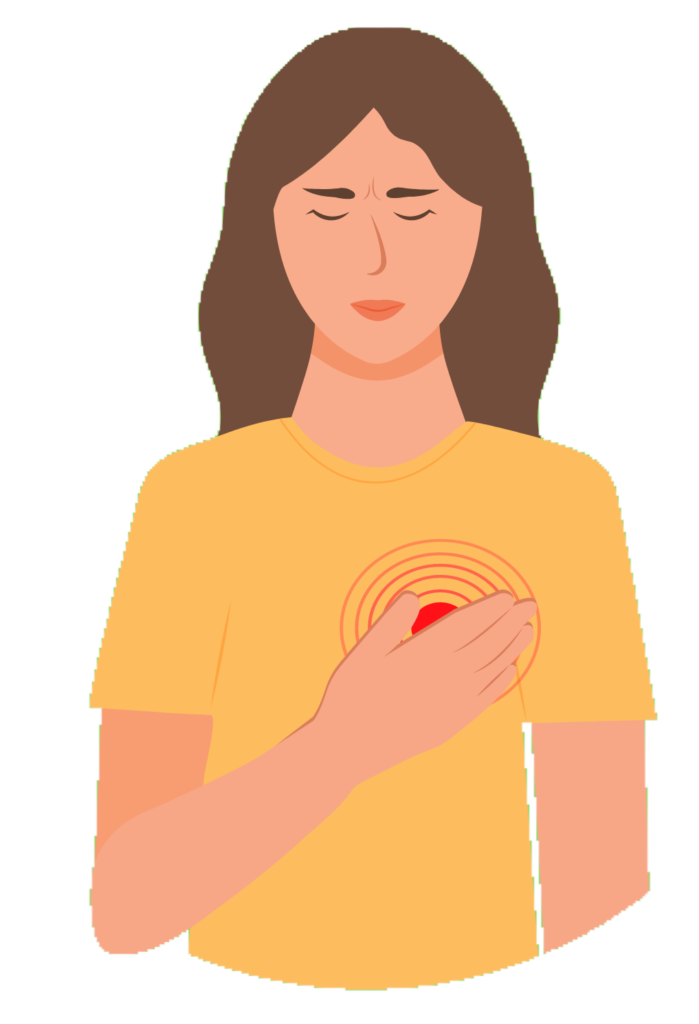
Mastitis may or may not involve bacterial infection. With mastitis, you may feel tender, hot, swollen,….

Mastitis may or may not involve bacterial infection. With mastitis, you may feel tender, hot, swollen,….

Many babies attach and breastfeed regardless of the
shape of their mother’s nipples

Lorem ipsum dolor sit amet, consectetur adipiscing elit. Ut elit tellus, luctus nec ullamcorper mattis, pulvinar dapibus leo.
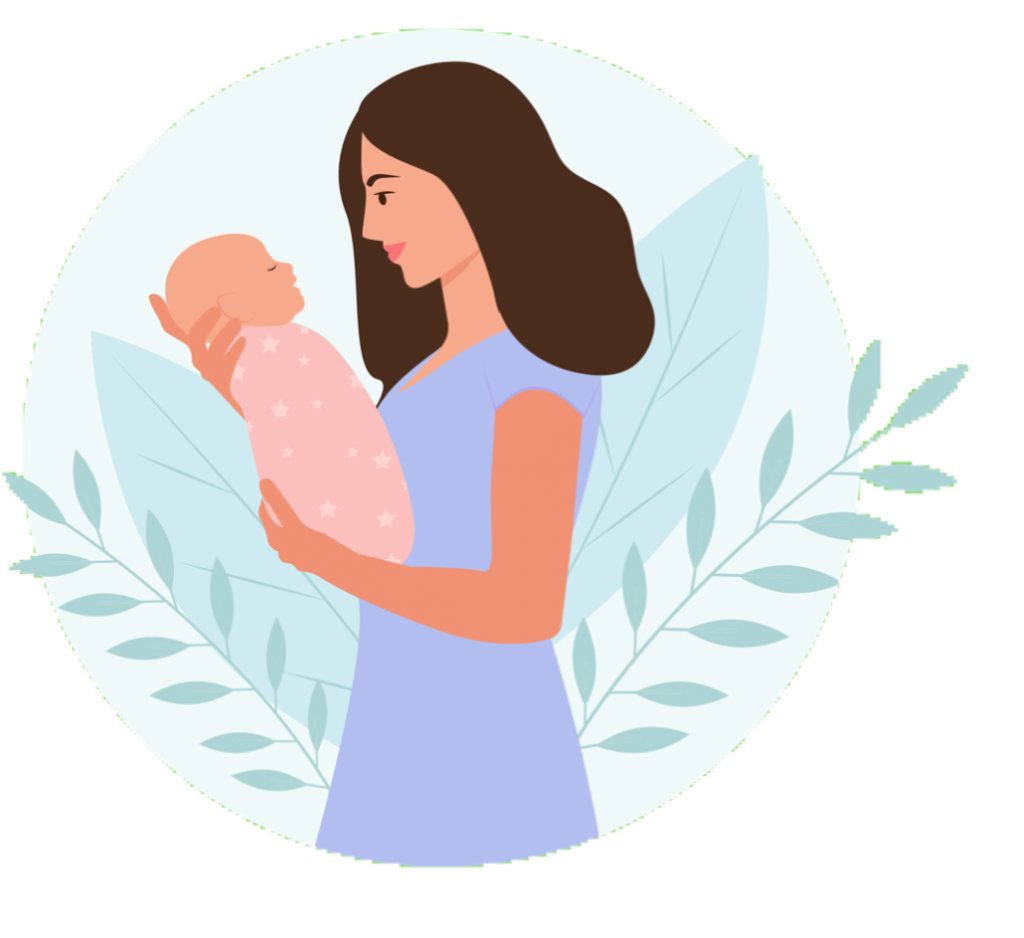
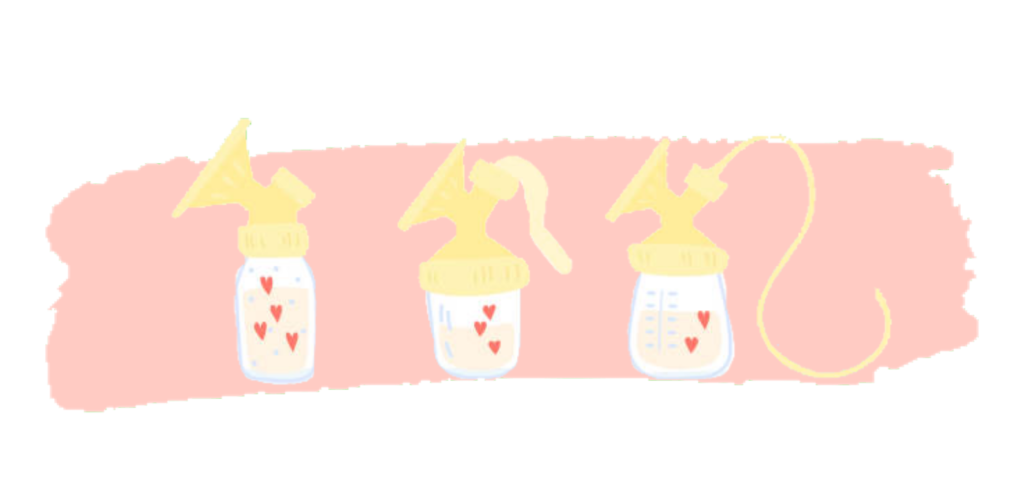
A breastfeeding mother may have to express her milk in certain cases, such as:
After giving birth, your body goes through lots of changes in the first few weeks. Although there are no specific recommendations for the best time to start having sex, many women wish to wait for about six weeks to recover from the birth of their child. Please consider that you may get pregnant without getting your period back. Therefore, if you do not plan to have another child, you need to use some contraception if you wish to have sex. In addition, it is a good idea to discuss contraceptive methods with your doctor before you give birth or soon after birth to choose an effective and suitable method for your health and lifestyle.
